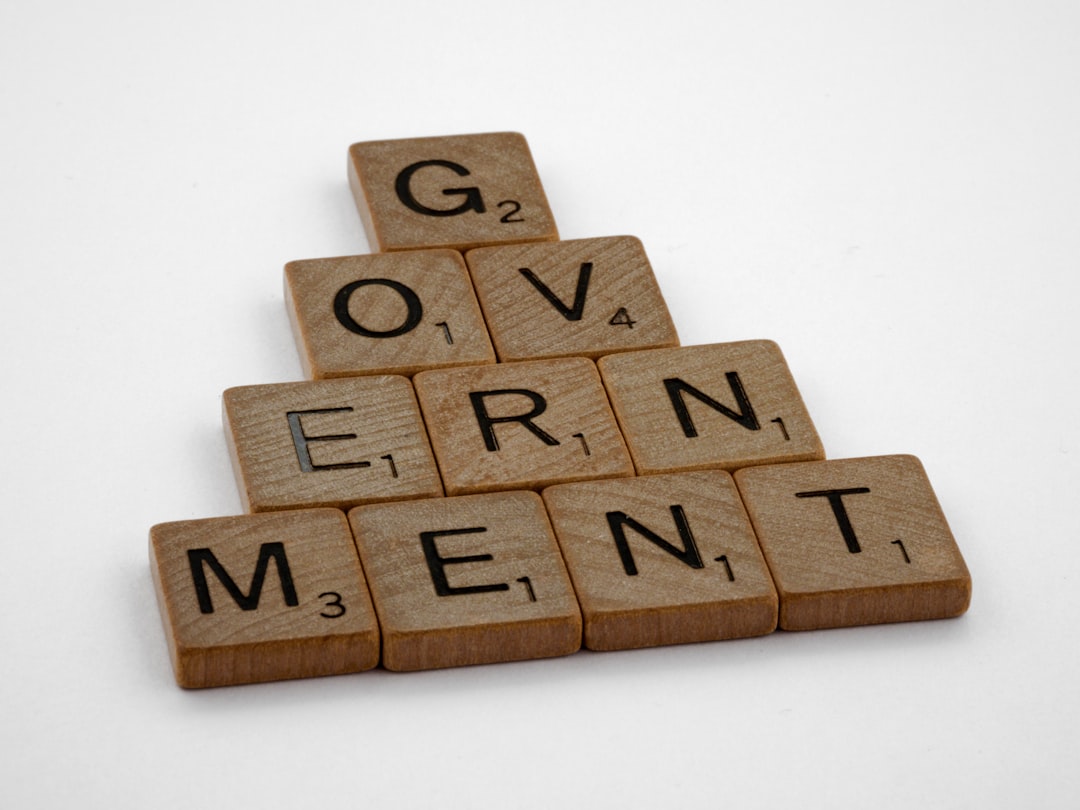Managing residential rental properties can be a demanding task. Between handling rent collection, lease tracking, maintenance requests, and tenant communication, landlords and property managers face a laundry list of responsibilities. Fortunately, residential property management software can streamline many of these tasks, saving time and reducing administrative complexity. Today, we’ll look at seven of the best residential property management software solutions available, designed for everyone from independent landlords to large-scale property management companies.
1. Buildium
Buildium is a popular, cloud-based property management solution that appeals to both small landlords and professional managers. It supports features like automated rent collection, maintenance request tracking, full accounting, and tenant screening. Additionally, Buildium allows tenants and owners to log into a portal for real-time updates and communication.
Best for: Property managers with multiple units who require robust operational support.

2. AppFolio Property Manager
AppFolio offers a high-powered suite of tools designed for large property portfolios. From AI leasing assistants to smart maintenance tracking and online payments, AppFolio isn’t just for simplifying workflows — it actually helps increase tenant satisfaction and retention rates. AppFolio’s intuitive interface and mobile functionality make it ideal for property pros who are always on the go.
Best for: Medium to large property managers who prioritize innovation and efficiency.
3. Rentec Direct
Rentec Direct is a scalable solution that offers a free starter version for landlords with under 10 units, making it excellent for small-time investors. Premium features include online rent payments, tenant screening, 1099 eFiling, QuickBooks integrations, and more. The platform is praised for its excellent customer support and strong user security features.
Best for: Independent landlords and small-scale investors.
4. Avail
Avail is sleek, modern, and designed with DIY landlords in mind. This software offers lease templates, rent payment collection, credit reporting tools, and thorough tenant screening services — all from an easy-to-use web interface. There’s even an option to set late fees and automate rent reminders, giving landlords more control without the hassle.
Best for: Do-it-yourself landlords managing a few units.

5. Propertyware
Propertyware offers extreme flexibility for single-family property managers and large portfolios. Its custom reporting features, API integrations, and owner/tenant portals make it highly adaptable. While the user interface isn’t as modern as others, its backend horsepower speaks volumes. Propertyware also provides a strong mobile experience for agents in the field.
Best for: Managers of single-family rental portfolios who want custom solutions.
6. TurboTenant
TurboTenant is a freemium tool perfect for landlords looking to manage rentals without breaking the bank. Featuring online applications, credit and background checks, and rent collection tools, TurboTenant packs a surprising punch. While the basic plan is free, more advanced features like customizable lease agreements and landlord forms are available under a paid plan.
Best for: Landlords looking for a budget-friendly, entry-level solution.
7. TenantCloud
TenantCloud rounds out our list with a unique online ecosystem that connects landlords, tenants, and service professionals. Its automatic rent payments, tax reporting, and visual analytics dashboard make property management intuitive. The platform also lets you market listings directly to Zillow, Realtor.com, and other channels — expanding your reach with minimal effort.
Best for: Tech-savvy landlords who want an all-in-one property management and marketing tool.
Final Thoughts
The right residential property management software not only simplifies your workload but also improves tenant relations and reduces risk. Whether you manage a single condo or an entire apartment complex, there’s a platform on this list that can help you operate more effectively.
As the rental market continues to evolve, investing in one of these tools is no longer optional — it’s essential. Consider your portfolio size, budget, and specific requirements to choose a platform that best fits your needs and enhances your daily property management routines.











